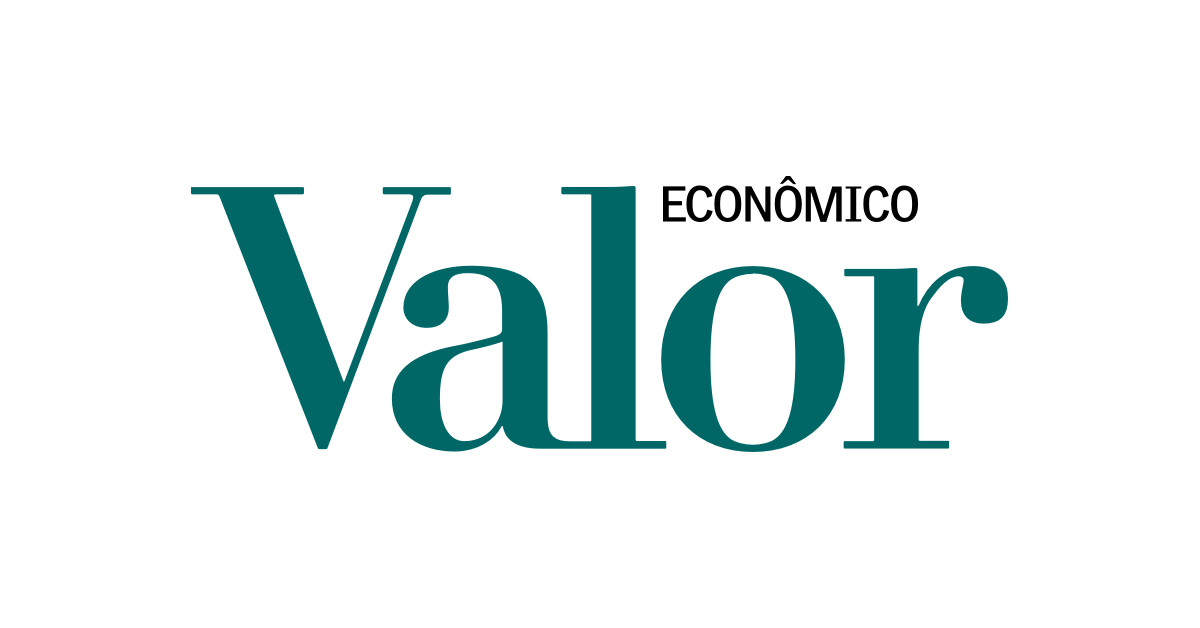
The National Mining Agency (ANM) plans to modernize the mining concession process in Brazil through a cooperation agreement with B3. According to the authority’s board, a notification containing the bidding rules will be issued in December and the first auction will be held in March 2026. The main objective is to increase the attractiveness of the sector and reduce the stock of approximately 130,000 available areas that have been returned to the Union for various reasons, including missed deadlines and withdrawal of owners. They are hampered by bureaucratic, budgetary, and administrative obstacles.
Under the agreement, B3 will coordinate 15 auctions over five years for 7,000 mining assets. ANM estimates that the first round of funding will reach R$300 million, driven by investor interest in critical minerals such as lithium, copper, nickel and rare earths. In May, a notification from the National Bank for Economic and Social Development (BNDES) to research project funders (Finep) received 124 business plans in the strategic minerals value chain (total amount of R$85.2 billion). Of these, 56 (R$45.8 billion) were selected for the next stage.
“We want to make auctions more transparent and faster,” says ANM General Director Mauro Sousa. He credits the technical partnership with B3 and ApexBrasil’s support for attracting foreign investors as guaranteeing the effectiveness of the results. The agency maintains the prerogative to define regulations, including criteria for financial and technical capacity. The cooperation agreement with the Executive Council for Economic Defense (Cade) aims to avoid market concentration.
This change occurred at a time when the ANM system was weak. In September, the Federal Police carried out “Operation Reject” to investigate allegations of fraud, corruption and environmental crimes, which resulted in the preventive arrest of the Federal Police Chief. An audit is also underway at the Federal Audit Court (TCU) to investigate fraud. The ANM committee reported learning about police activities through the press. “To date, there has been no formal communication to the agency regarding any action that may involve employees or managers,” the text states. “ANM reiterates its commitment to legality, transparency and cooperation with authorities.”
In October, the ANM Board of Directors notified the government that critical activities were imminent due to budget shortfalls. Sousa said the agency is one of the institutions that collects the most copyright royalties, but due to budget constraints it does not receive its legally mandated share of 7%.
For Thiago Pessoa, a lawyer specializing in mining law, the ANM crisis will not undermine the credibility of the auction. “B3 has a strong infrastructure and will be responsible for managing financial guarantees. This will increase legal certainty and potentially reduce litigation,” he said. Pessoa remembers that fundraising can be an important source of funding to build better government agencies. He sees this model as an opportunity for small and medium-sized companies specializing in early research and exploration stages.
This new model has been criticized by the Brazilian Association of Mineral Research and Mining Companies (ABPM). For Luis Mauricio Azevedo, the company’s advisor, B3 will simply be an auctioneer and will not affect existing debt. “At least 10,000 new areas are accumulating per year.” To ease this regime, ABPM is proposing to revert to a priority model for areas of low geological interest, which would be granted to the first applicant.



